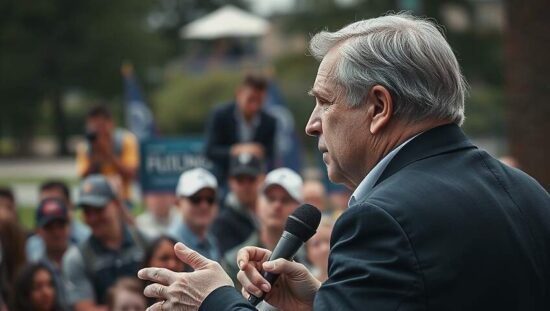Germany’s leading association for child and adolescent psychiatry, psychomatics and psychotherapy (DGKJP) has expressed support for proposed age restrictions on social media access. Eva Möhler, a board member of the DGKJP and specialist in child and adolescent psychiatry, highlighted the merits of a transitional period between ages 13 and 16, stating that even children over 13 remain vulnerable to online risks like cyber grooming and cyberbullying. She shared her views in an interview with the “Rheinische Post”.
Möhler also voiced support for a complete ban on social media use for children under 13, noting that many parents struggle with ongoing conflicts regarding their children’s media consumption. She suggested that clearly defined legal regulations – similar to those governing access to alcohol and tobacco – could provide a valuable support for parents.
However, Stefan Düll, President of the German Teachers’ Association, voiced skepticism about age restrictions. He cautioned against expecting such measures to fully resolve the challenges associated with children’s social media use. Düll argued that restricting access based on age would fail to prevent young people from encountering inappropriate content, which has always been present online, irrespective of social media platforms. He believes age restrictions offer no practical advancement in addressing the core issues.
The call for age restrictions comes from a growing chorus of voices, including the National Academy of Sciences Leopoldina and the Federal Government’s Drug and Addiction Commissioner, Hendrik Streeck, who have recently advocated for limits on social media access for young people.





